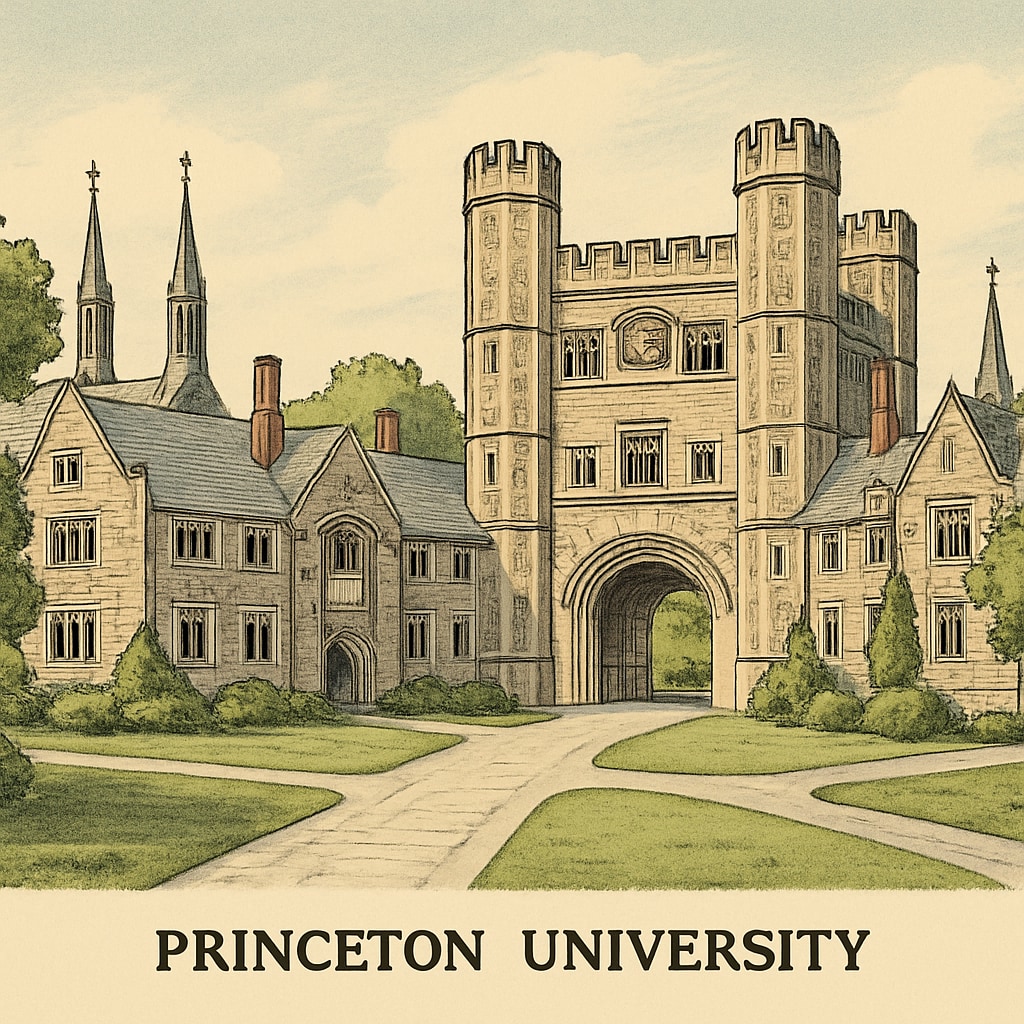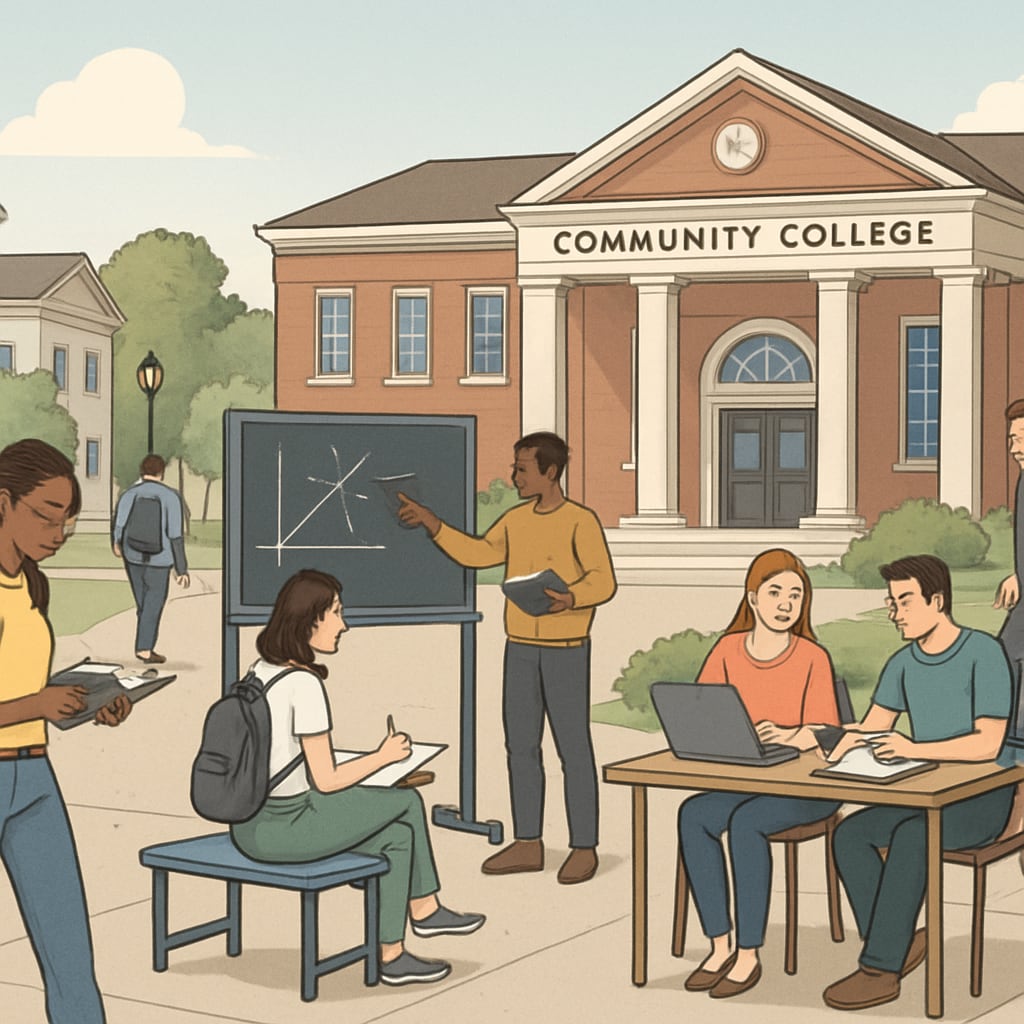Princeton and Ivy League schools are often perceived as the pinnacle of education, embodying prestige, exclusivity, and success. However, are they truly worth the hype? The narrative surrounding these institutions can sometimes obscure the practical realities, leading to an overestimation of their actual value in today’s educational landscape. This article aims to challenge the idolization of elite schools, specifically Princeton, and invites readers to reconsider the essence of education and diverse paths to success.
Why Ivy League Schools Command So Much Prestige
The Ivy League, a group of eight highly selective universities in the United States, enjoys a reputation for academic excellence, historical significance, and unparalleled opportunities. Princeton, for example, regularly ranks among the top universities globally and boasts alumni who have achieved remarkable success in various fields.
This prestige is rooted in several factors, including exceptional faculty, robust funding, and significant research contributions. Additionally, the Ivy League name has become synonymous with exclusivity, creating an aura that attracts top students worldwide. But does this reputation fully align with the practical outcomes these institutions provide?

Are We Overrating the Real-World Impact of Elite Education?
Despite their stellar reputation, some critics argue that Ivy League schools, including Princeton, may not guarantee success or innovation beyond their gates. For one, the high tuition fees at these institutions often lead to significant student debt, raising the question of whether the returns justify the investment.
Furthermore, the emphasis on elite education can overshadow other valuable pathways to achievement. Public universities, community colleges, and vocational training centers often produce graduates who excel in their fields, contributing equally to society’s growth. The societal tendency to glorify Ivy League schools risks marginalizing these alternative routes.
Research has shown that success is influenced by various factors, including personal drive, networking, and industry-specific skills. As a result, the assumption that only Ivy League degrees lead to top-tier careers is increasingly being challenged.

Rethinking the Essence of Education
The overvaluation of Ivy League schools raises a deeper question: What is the true purpose of education? Is it solely about prestige, or should it focus on fostering creativity, critical thinking, and societal contributions? The glorification of elite institutions like Princeton often distracts from the broader conversation about educational equity and accessibility.
For example, public universities often excel at providing affordable education to diverse groups of students, creating opportunities for upward mobility. These institutions may lack the historical allure of Ivy League schools but serve as vital engines of societal progress.
Moreover, the rise of online education platforms and specialized certifications has broadened the definition of academic success. Platforms like Coursera and Khan Academy offer high-quality courses accessible to anyone, further diminishing the monopoly of traditional elite education.
The Call for a Balanced Perspective
While Ivy League schools like Princeton undoubtedly offer exceptional opportunities for their students, society’s overemphasis on these institutions can be detrimental. By idolizing elite universities, we risk overlooking other valuable forms of education and the diverse paths that lead to success.
- Encourage the recognition of public universities and community colleges as legitimate alternatives.
- Promote conversations about affordability and the return on investment in higher education.
- Embrace emerging educational formats, such as online learning and vocational training.
In conclusion, the prestige of institutions like Princeton and the Ivy League is undeniable, but it is worth asking whether their societal reputation overshadows their actual contributions to the broader educational and professional landscape. A balanced perspective can help us appreciate the diversity of educational paths and redefine success beyond the confines of elite universities.
Readability guidance: Short paragraphs and lists ensure clarity. Transition words like “however” and “for example” enhance flow. Passive voice is minimized for direct communication. Images are strategically placed to visualize key concepts.


